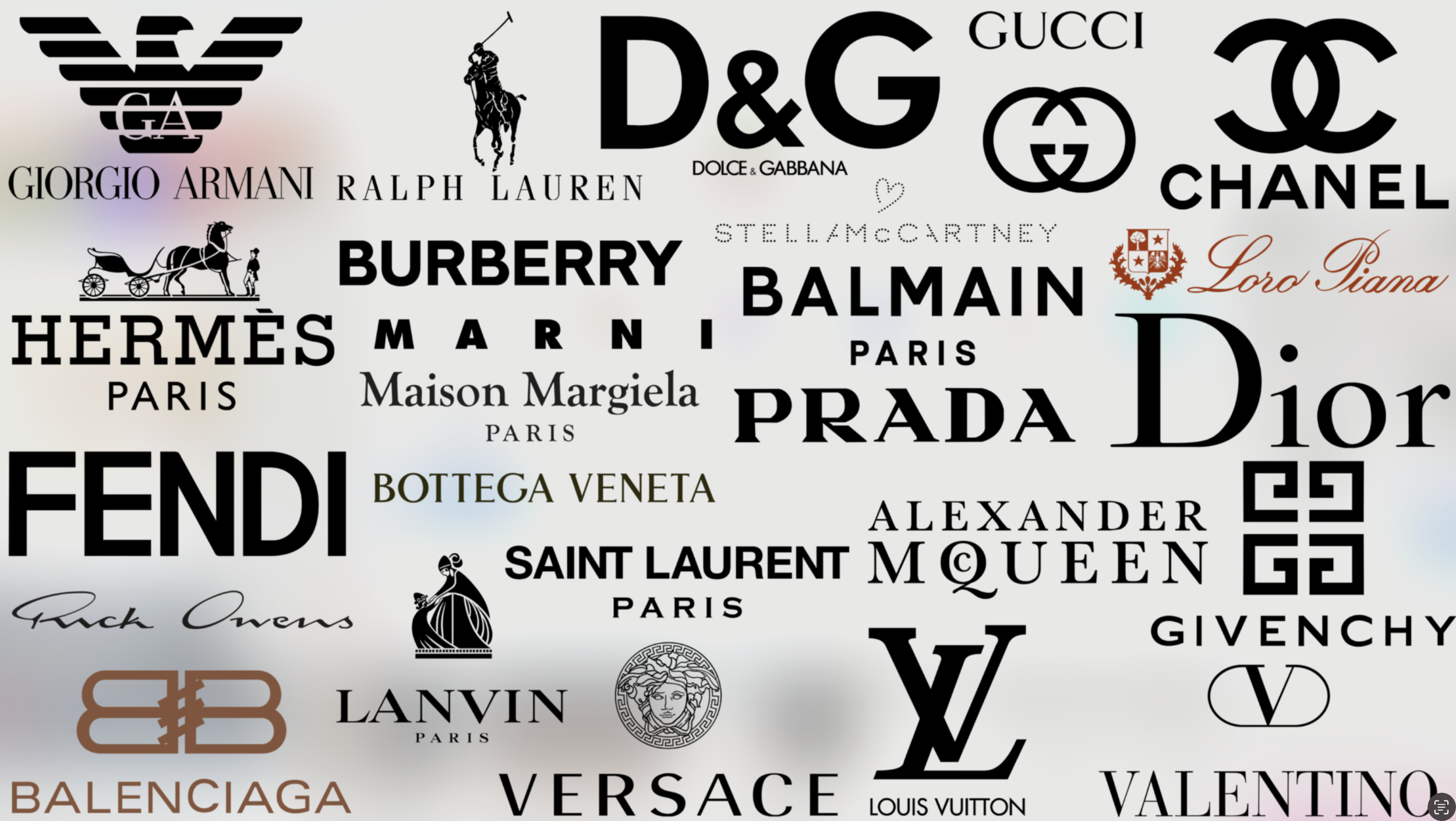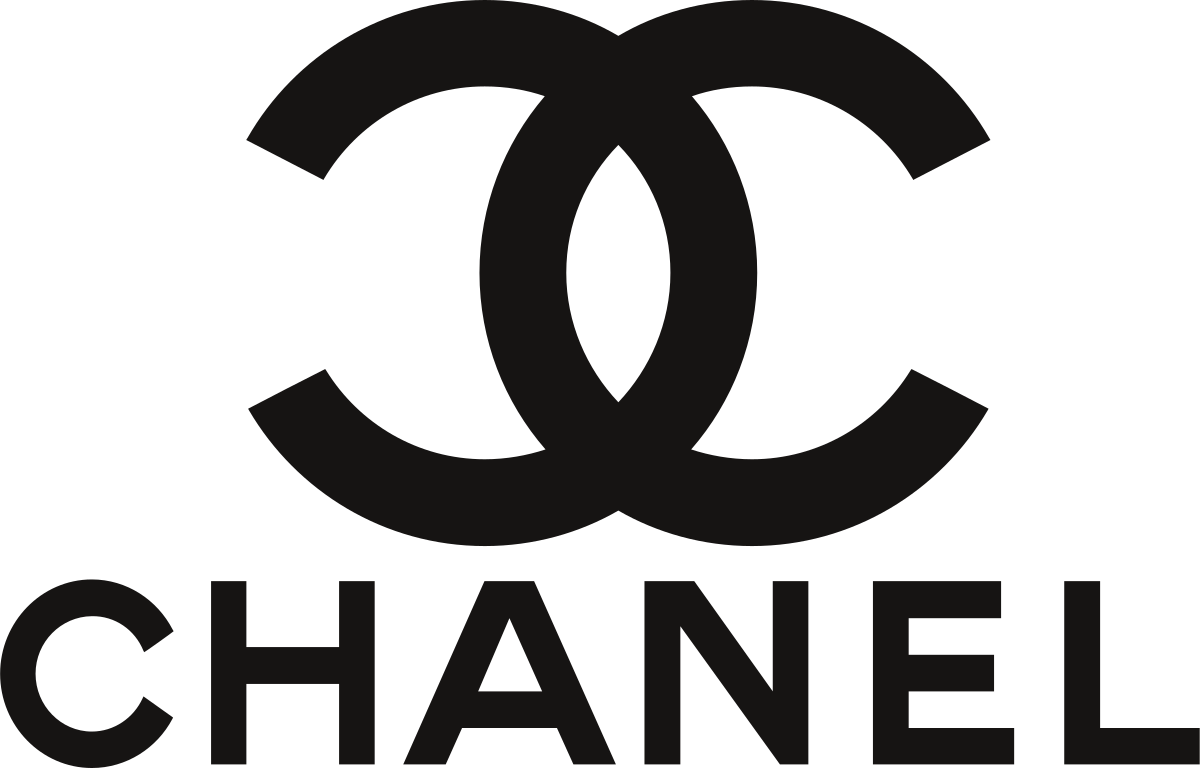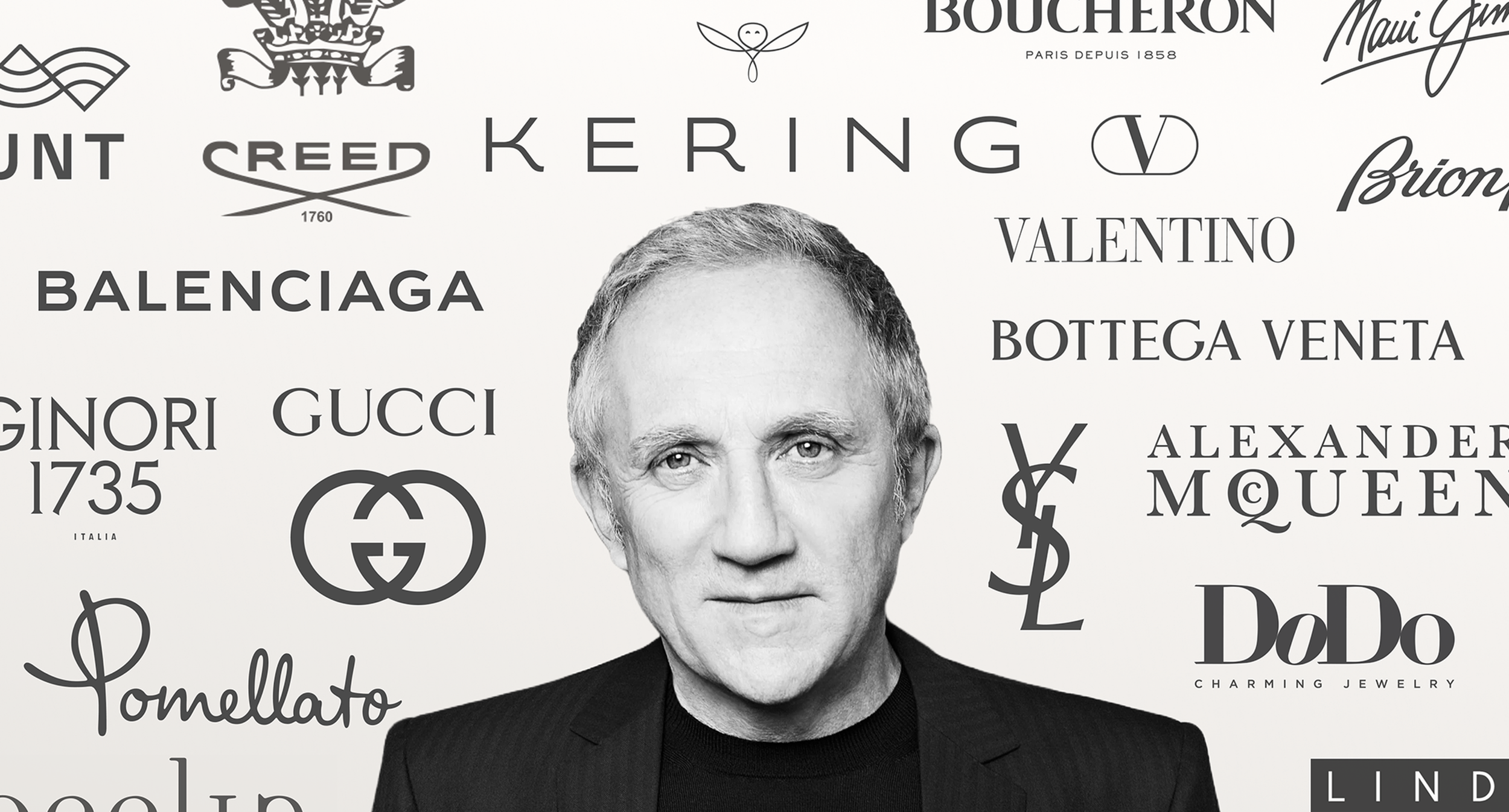🏆 Chanel Soars, Gucci Stumbles: The Silent Shift in Luxury’s Power Rankings (Q1 2025)
Discover which luxury brands won and lost in Q1 2025—and the untold story behind the rise of Chanel and the fall of Gucci.
👜 Q1 2025’s Luxury Brand Shake-Up: Who Won, Who Lost & What No One’s Talking About
Luxury fashion is no stranger to drama, but Q1 2025 delivered a plot twist worthy of a runway finale. While some brands leaned into heritage and timeless appeal, others faltered under the weight of trend fatigue and market unpredictability. So, who emerged as the biggest winner—and who suffered the most?
Let’s break it down.
🏆 Biggest Winner: Chanel
In a dazzling comeback, Chanel overtook Louis Vuitton to become the world’s most valuable luxury brand, with a 45% year-on-year increase, bringing its brand valuation to $37.9 billion. This marks a significant milestone in a fiercely competitive sector.
Why Chanel Won:
Heritage Marketing Mastery: Celebrating the 100th anniversary of the iconic Chanel No. 5 perfume boosted emotional resonance and brand equity.
Quiet Luxury Trend: Chanel’s minimalist elegance perfectly aligned with the rising trend of understated opulence.
Retail Strategy: Continued investment in exclusive in-store experiences and limited collections maintained a sense of scarcity and prestige.
Chanel didn’t just ride a trend—it owned it.
📉 Biggest Loser: Gucci (Kering Group)
On the other end of the catwalk, Gucci stumbled—hard. Sales plummeted by 25%, dragging down parent company Kering’s revenue by 14% for the quarter. Once the darling of maximalist fashion, Gucci seems to have lost its grip on the zeitgeist.
Why Gucci Struggled:
Creative Confusion: The appointment of Demna Gvasalia as creative director introduced a bold shift that hasn't fully connected with consumers.
Market Fatigue: Overexposure and rapid-fire product cycles led to brand dilution.
Changing Consumer Tastes: Gen Z and millennial luxury buyers are shifting toward sleek, minimalist, and functional luxury—leaving Gucci’s flamboyant aesthetic behind.
🔍 What No One’s Saying: The Rise of Value-Conscious Luxury
While everyone is talking about winners and losers, few are addressing the silent revolution: affordable luxury’s growing dominance.
Brands like Ralph Lauren and Coach are quietly eating into traditional luxury’s market share with high-quality, accessibly priced items. The Polo ID Shoulder Bag or the Coach Tabby, often spotlighted by influencers on TikTok and Instagram, now represent the new entry point to luxury.
Consumers in their 20s to 50s are saying: “I want luxury, but make it smart.”
This shift is forcing heritage brands to either evolve or fade—and those that can’t strike the balance between exclusivity and relevance will continue to lose ground.
🧠 Final Thoughts: It’s More Than Just Numbers
Q1 2025 reminded us that luxury is no longer just about logos or legacy—it’s about resonance, relevance, and reinvention. Chanel understood the assignment. Gucci missed the mark. And underdogs are circling the throne.
The lesson? In the age of savvy shoppers and TikTok taste-makers, luxury brands can no longer coast on name alone.




